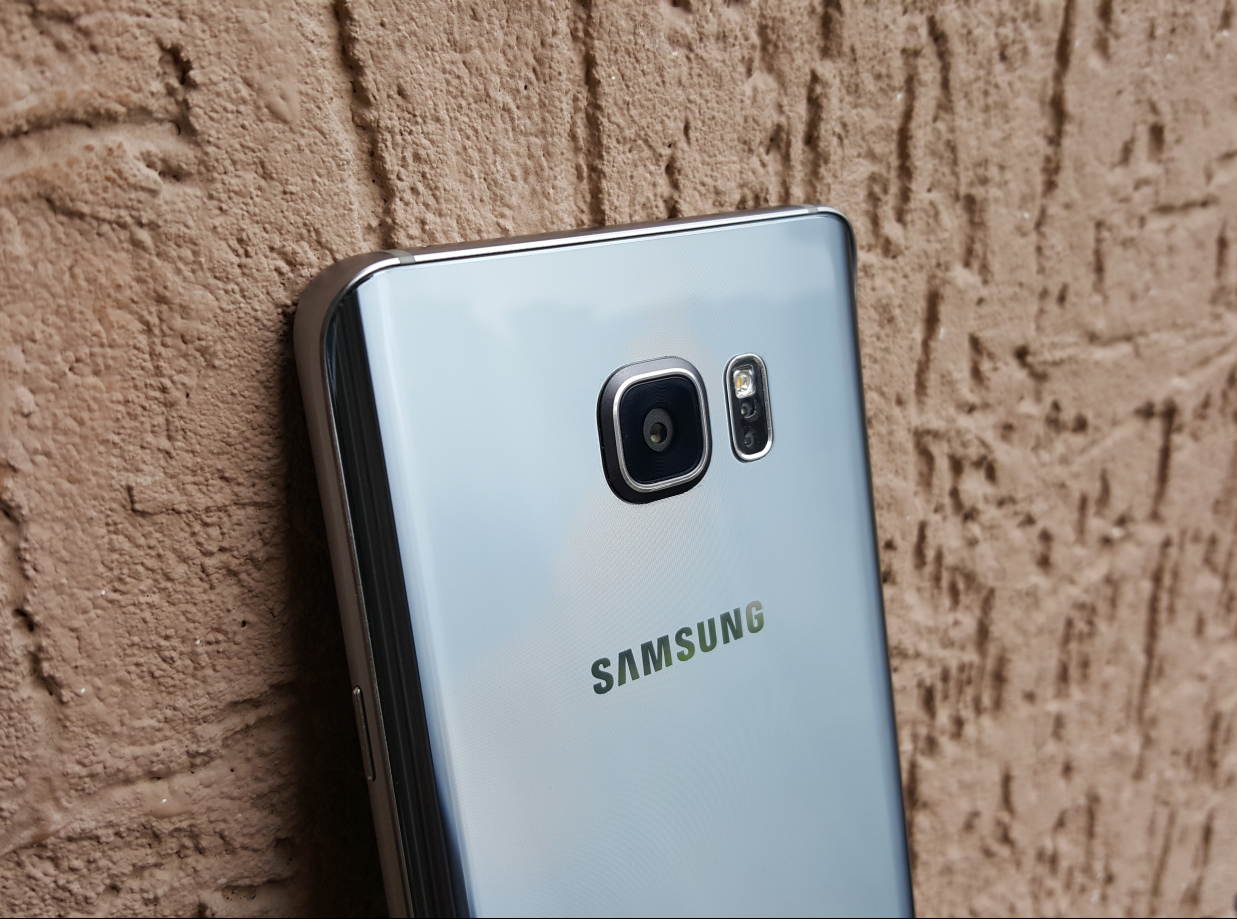Being a fan of the Galaxy Note lineup, I went out to buy the Galaxy Note 5 the day it launched in my country. I was sure I wanted the 64GB variant, but I was undecided between the black and silver color options. But unfortunately, I was made to choose between getting more storage or the color option I wanted – here in India, only the gold version of the Note 5 is available with 64GB storage, and the black version isn't available at all. So I came away from the store with the silver variant, which looks great, but I had to settle for only 32GB of storage.
If you've been in the market for a Samsung flagship recently, you might have faced a similar situation where the model you wanted wasn't easily available. The company has been rushing with device releases to fix falling sales and profits, as is evident from the early launch of the Note 5 and Galaxy S6 edge+, but it doesn't seem to be doing anything about the fact that it continues to launch too many devices but doesn't make sure they are all easily available from the start.
Compare this to Apple. Every time it launches a new iPhone, you can be sure that new iPhone will be available in every color and every storage option right from the get go. Okay, so you might see some of those variants selling out faster than others, but the Cupertino giant at least makes sure that it launches all the variants in the market at the same time. Of course, Apple has to do it since it makes all its profits primarily from the iPhone, but it's something Samsung could learn from.
For a consumer that goes out to buy your device on the first day or in the initial days of launch, it's simply unacceptable to not offer them all the options, especially when you consider that flagship smartphones are priced at their maximum in the first few months. Samsung has taken away expandable storage from its flagships, and though many are ready to forgive that move, shouldn't the company be making sure it at least makes all the storage models accessible at the same time?
It probably makes business sense to not push a variant that might not see too many sales; after all, a 32GB Note 5 is bound to sell more because of a lower price than the 64GB model, so Samsung could save money by not manufacturing as many 64GB units. But for the consumer, it's far from a sensible decision, and we can only hope the Korean manufacturer will think things through when it launches its next top-of-the-line Galaxy handset.

